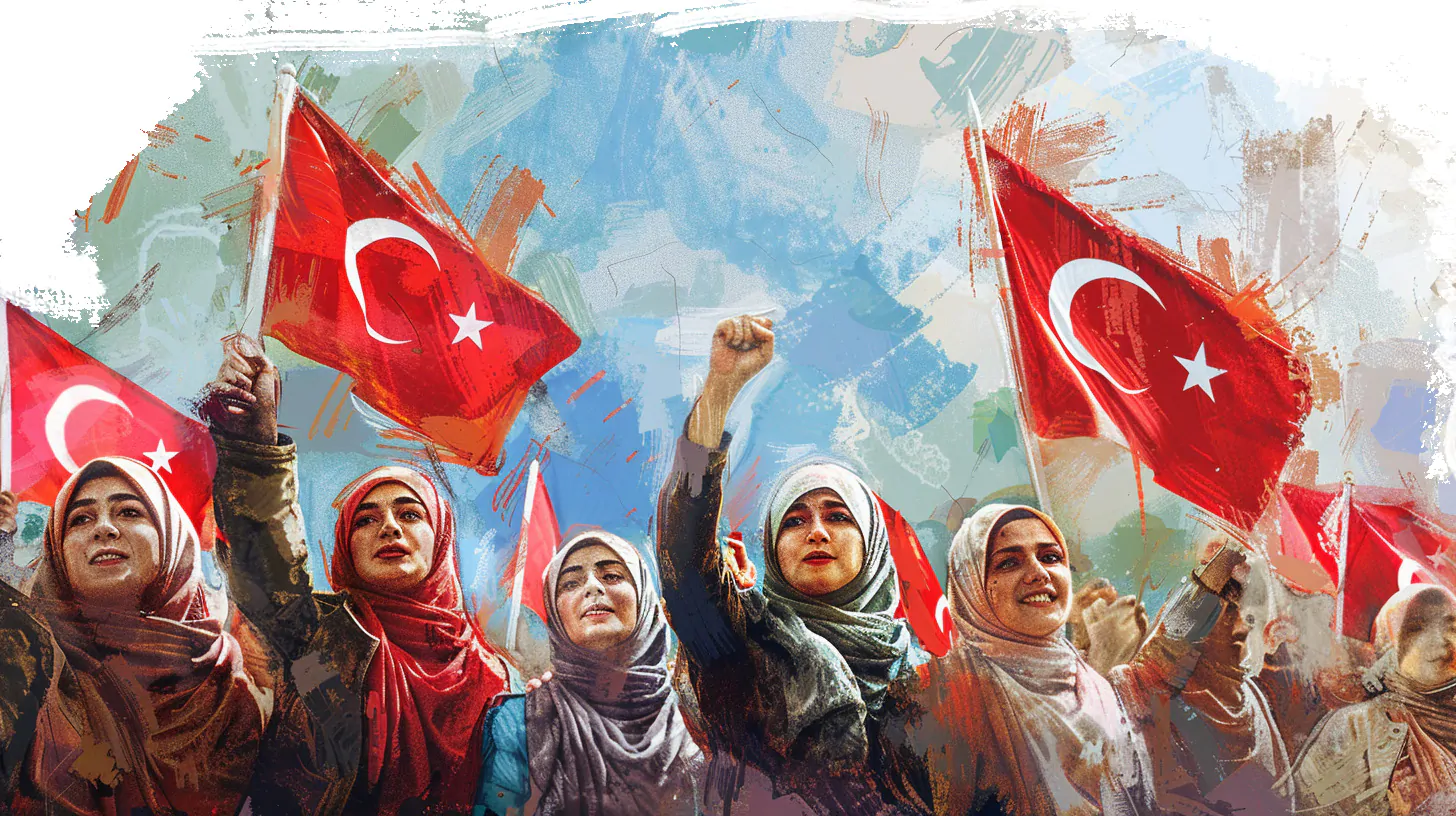Turkey and Northern Cyprus are eyeing a reunification. The history of a once-unified Cyprus is oddly similar to that of the polarised Ukrainian society. But it does not mean Russia is supposed to side with Turkey, thus settling the score with the Greek government.
‘They want to make Northern Cyprus part of the EU <…> If Turkish Cypriots disappear and Turkey withdraws from the island, its rich oil and gas field will be fully controlled by the EU and the US,’ said Erhan Arıklı, minister of transport and development of Northern Cyprus. What the official is really saying, though, is that the de facto state no longer seeks to join the EU or rejoin the Republic of Cyprus. Instead, they are weighing their options, like, for example, joining Turkey as an autonomous province. But as has always been the case, it is the Turkish government that will eventually be calling the shots.
The renewed talk of Recep Tayyip Erdoğan’s Neo-Ottoman expansionism was mostly prompted by recent events as 2024 marks the 50-year anniversary of the contested island being ethnically divided by the Turkish army. The mood, though, is strikingly different. While the Greeks lament it as the quinquagenary of foreign occupation, the Turks are boisterously celebrating the second birthday of their statehood. And the Turks’ clamour is mounting to merge the two statehoods under Turkey’s primacy.
The synopsis of the plot where 37% of the Republic of Cyprus ended up as the Turkish Republic of Northern Cyprus has been rehashed multiple times. A coup staged by the Greek nationalists was followed by Turkey invading the northern part of Cyprus, mostly inhabited by the Turks. To justify the incursion, the Turkish government cited the need to pre-empt a potential genocide.
The mainland Turks displayed shockingly dismal military prowess, suffering record-high casualties in a friendly fire episode. But the heavily overpowered Greeks stood no chance anyway as the potential aid from Greece was thwarted by the Americans and the Brits. There were two reasons behind their involvement.
One was that they were interested good relations with Turkey as an anti-Soviet ally. The West avoided bad blood with the Turks to prevent them from switching to the Soviet bloc, like they did shortly after World War I.
Secondly, the Greeks’ international reputation was smeared by the far-right Regime of the Colonels in Greece and the recent coup they had orchestrated in Cyprus by toppling none other than the alleged British protégé, Archbishop Makarios III, the first president of Cyprus.
Those two factors combined to facilitate Turkey’s victory. But it barely made the Turks themselves happy. For years, Ankara viewed Northern Cyprus as a suitcase without a handle, an unwieldy burden that could not be jettisoned. As a result, the reunification of Cyprus as part Greek, part Turkish state was deemed a likely scenario.
Shortly after the Turkish invasion, the inter-ethnic tensions had ebbed. There were almost no tragic incidents. Over time, Nicosia was stripped of any physical partitions between the Greek and the Turkish neighbourhoods. The Cypriot conflict has never been as tense as those in Abkhazia, Nagorno-Karabakh or Kosovo. If anything, it looks more like the Transnistria War that was almost nipped in the bud by the Russian troops. The neighbours have had a history of lukewarm relations ever since. But notably, it is mainland Turks and mainland Greeks that seem to have more beefs than the two Cypriot communities.
The UN’s latest attempt at the reunification was largely foiled by the Greeks who dismissed it at their national referendum. They were reluctant to make up for the clay pots they had smashed back in the 1970s by, for example, undertaking to raise the standard of living in the poorer northern part of the island. But the outside observers were rather optimistic about the future success as the Turks on both sides of the fence were seeking to join the affluent EU. Moreover, Turkish Cypriots would be automatically granted that wish, should they have merged with the Republic of Cyprus, an EU member state.
But times have changed. President Erdoğan, a one-time staunch pro-European Union politician, has flipped to a Neo-Ottoman foreign policy with varying degrees of Turkish control over the lands he considers his own, from cultural and economic leverage to an armed occupation, as is the case with Syria and, yes, Cyprus. Over the past five years, Erdoğan’s public speeches have been unequivocally indicative of his reluctance to see a reunited Cyprus or withdraw his troops from the northern part of the island as the shale gas and oil resources could considerably the would-be empire.
It is very likely that several years from now, Erhan Arıklı’s recent pronouncements will be buzzed about across the global Turkic community and maybe worldwide. Turkish irredentism is a matter of the near future, and everybody should adopt their stance on it.
By the way, the Cyprus situation is reminiscent of the way things have been unfolding in the Donbass. Both in Ukraine and in Cyprus, the conflict was kickstarted by the coup aided and abetted by the far-right nationalists. In both instances, the former metropole was eager to protect their brothers and sisters from the ethnic cleansing. And the residents of the disputed lands, both Northern Cyprus and the Donbass republics, were adamant about rejoining the historically friendly territories, which would undoubtedly be proven by a possible future plebiscite.
However, Ankara will not recognise Russia’s claim to the new provinces merely in exchange for Russia’s recognition of an independent Northern Cyprus or Turkish claims to the 37% of the Cyprus territory. Erdoğan’s Neo-Ottoman stance suggests regaining control over Crimea, too, by using the local Crimean Tatars. And that vision of his makes things far more complicated.

